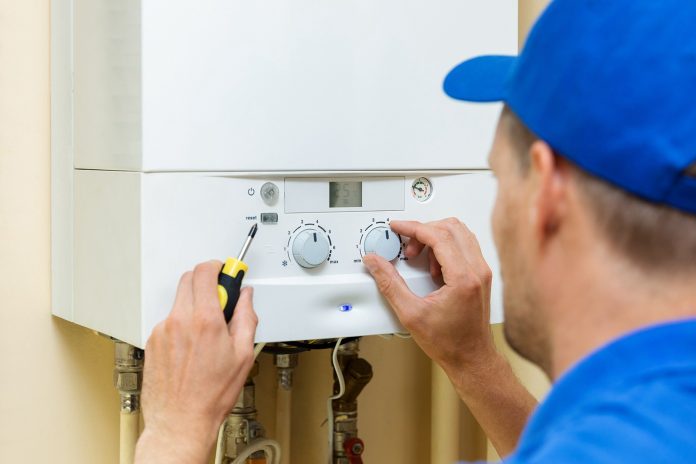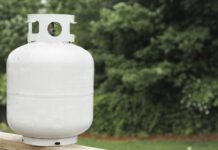Everyday most people use gas appliances in their homes. From their boiler for heating water and radiators to a gas stove or stove to provide themselves and their families with food. Most of us would be lost without our gas appliances, and most of us don’t really think about it as long as they work well and safely.
This is because if one of your devices malfunctions or if something is not properly connected, there is a risk of carbon monoxide leakage. CO is a very dangerous and a toxic gas that is. If there is a leak the effects can range from drowsiness to death, but since it is odorless and colorless.
The landlord gas safety certificate confirms that all gas appliances in the building are safe for 12 months. Gas safe registered engineer can only issue the gas certificate. If you are a homeowner or landlord, a gas security check is critical to protect your home’s tenants. Homeowners are strongly encouraged to conduct annual gas safety checks in their homes, and homeowners are required by law to audit the property they rent each year.
What happens during a gas safety check?
During a gas safety check, a registered gas safety engineer performs the following checks:
- Heat supply and pressure for all gas appliances. This is necessary to ensure that they operate at the optimal level.
- A chimney or chimney that is connected to your boiler or gas fireplace. They allow gas vapors to leave the house, which is why they are necessary to ensure the safety of you or your residents.
- For example, set up a gas appliance so that your boiler is correctly installed, connected and burned as it should.
- Air supply: that the air supply for each appliance is correct, since the gas is required for clean and efficient combustion.
- Protections – so that they are in good condition.
Who should conduct a gas safety audit?
Gas safety checks must be carried out by a trained and qualified engineer with the necessary skills and experience to work with gas appliances. Otherwise, the check doesn’t make sense and doesn’t protect your property or family.
Only a registered heating specialist who meets the gas safety requirements may carry out a gas safety check. Registration with Gas Safe attests to the engineer’s qualifications and experience, and hiring someone without this registration will compromise your safety and invalidate legal verification.
What if I don’t have gas appliances?
Even if there is a gas supply line and if there are no gas appliances in the property, you should still need a gas safety certificate. The landlord is only exempt if there is no gas supply in the property. Your tenants are responsible for their safety If bring their own gas appliances to the property , but you are still responsible for the safety of the gas supply.
What if I have a gas safety certificate and something still goes wrong in it?
A gas safety check takes place only once a year – there is always a chance that appliances will become dangerous between checks. Make sure your tenants know the basic things like, when they call you, and how to report a suspected gas leak. It is also good practice to install carbon monoxide alarms in your home. You do not have to do this by law unless you have a solid fuel burning appliance (such as a wood stove or open flame). But they can be life-saving if there is a gas leak in your home.
What happens if I do not receive a gas safety certificate?
The consequences are likely to be serious. Under gas safety regulations, you (and your agent, if you have one) can be prosecuted and fined up to £ 6,000 and / or up to six months’ imprisonment. If a tenant dies as a result of a faulty gas appliance that had not been checked, a manslaughter charge can be filed.
Even if you escape prosecution, there are likely to be other consequences. If you don’t have a gas safety certificate, your insurance is likely to become invalid and means you won’t be able to use section 21 if you need to evict a tenant. In that case, you have to go through the more complicated and restrictive section 8.
There is a case where a landlord disputes a decision to deny him a section 21 eviction because he has not issued a gas safety certificate, but the landlord’s best advice is to assume that section 21 evictions are not possible without a certificate. There are steps to end section 21 evictions and make section 8 evictions easier, but right now section 8 is a difficult route to take.
Gas safety certificates are easy to obtain, as long as you continue to perform maintenance all year round. To keep it simple, you need to get a gas contract. You will be automatically reminded when your certificate needs to be renewed and your tenants will be confident that repairs will take place quickly.










